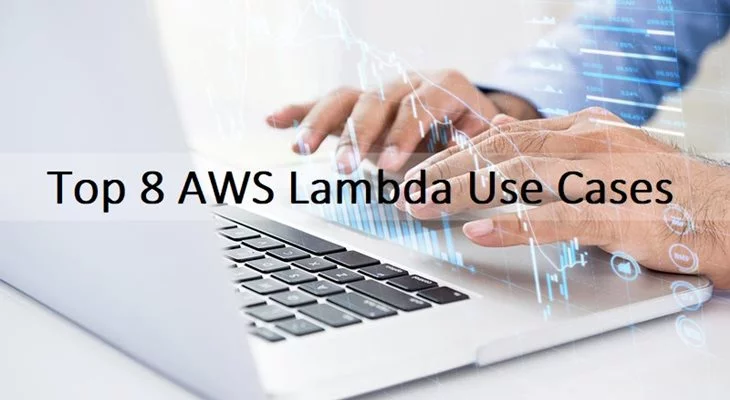Organizations employ risk mitigation strategies to reduce the impact of business risks. This process, akin to risk reduction, involves identifying potential threats and taking necessary measures to minimize their effects. Modern organizations, businesses, and enterprises face various threats and risks such as cybersecurity threats, natural disasters, and events that can potentially damage equipment, personnel, and facilities.
Why Is Risk Mitigation Important?
You need to understand and accept certain risks and threats as part of the risk management process. Take appropriate measures to reduce the impact of these unavoidable threats on your organization's operations and processes. Risk mitigation focuses on minimizing the effects of natural disasters and other threats that can disrupt production and other processes, which are beyond your control. With risk mitigation, you can ensure minimal damage to your organization in the event of these occurrences.
Data Security Best Practices
The biggest modern threat is data theft. In a world of decentralized connections to corporate servers and increasing data costs, more and more hackers are targeting this segment. We will help you organize company data protection.
Establish a Strong Password Policy
To prevent data breaches, it is crucial for you to develop and consistently apply a strong password policy. Additionally, keep track of your login activity and receive real-time alerts for any detected anomalous account access. As a general guideline, make sure your passwords are at least 8 characters long and include a mix of uppercase and lowercase letters, numbers, and special characters. Avoid using the same password for multiple accounts and remember to change your passwords every 90 days or less.
Ensure Safe Surfing
A good browser and VPN can help you achieve this goal. Brave browser is often recommended as a safer alternative to Chrome and other browsers, but is Brave a good browser? You probably need to read more Brave browser reviews. You can learn more about Brave security from VeePN. There you will also find a powerful VPN that will improve the security of any browser.
Monitoring Access
According to a report issued by Forrester Research, insider threats were accountable for 58 percent of sensitive data security incidents in 2022. To ensure data security, you should prioritize monitoring access to sensitive data.
Monitoring access to sensitive data involves keeping records of who accessed the data, when it was accessed, and from where. Typically, access logs and audit trails are utilized for this purpose. By monitoring access to sensitive data, you can promptly detect any unauthorized access attempts and take immediate action to prevent further harm.
Monitoring access to sensitive data also plays a crucial role in enhancing cloud data protection. It enables you to swiftly identify and respond to security breaches. When an unauthorized individual gains access to sensitive data, monitoring tools can promptly notify your security personnel, empowering them to take the necessary steps to contain the breach and mitigate any potential damage.
Risk Mitigation Strategies
Diversification
You've probably heard the saying "Don't put all your eggs in one basket." The same principle applies to businesses. Instead of relying heavily on one product or service, you should expand your offerings to target different markets. This can lead to greater success.
Diversifying allows you to reduce your vulnerability to factors that could impact a specific product or market segment. It serves as a safety net, ensuring that if one area of your business faces challenges, other areas can help mitigate the impact.
By spreading your risks across different products or markets, you create a buffer against unexpected events. Protecting your business from relying too heavily on a single source of income makes it more resilient and adaptable to changing circumstances.
Identifying the Risks
To mitigate risks, you should begin by understanding the risks that exist. When identifying risks, make sure to leave no stone unturned. Apart from data risks and breaches, organizations must consider risks related to natural disasters, mechanics, and their entire process.
Moreover, your risk mitigation strategies should prioritize the needs and safety of employees. One of the simplest solutions in the field of cybersecurity is a free VPN proxy for the browser. If you start even with this solution, you can already improve your cybersecurity tenfold.
Risk Transfer
To transfer risk, you move it to another third party or entity. You can outsource risk transfers, transfer them to an insurance agency, or give them to a new entity, like when you lease property. Risk transfers don't always lead to lower costs. However, a risk transfer is an ideal option when it helps reduce future damage. So, insurance may require payment, but it could ultimately be more cost effective than having the risk materialize and being solely accountable for reparations.
Embrace Risk Technology Solutions
When you consider risk mitigation strategies, technology can be a valuable ally. By leveraging tools, systems, and automation, you can reduce the likelihood or impact of risks. This allows risk teams to focus on gaining deeper insights and achieving better long-term outcomes. Just like wearing protective gear keeps you safe during physical activities, utilizing technology can help safeguard your business operations and assets from risk exposure.
Technology also enables streamlining and automating processes, thereby reducing the risk of human error. For instance, you could implement automated backup systems to regularly and securely back up your data. This minimizes the risk of data loss, even in the event of hardware failure or other disruptions.
Conclusion
It can be challenging to identify risks, but you must explore every possibility. Your team needs to assess risks related to equipment, natural disasters, safety, and any other challenges that your company may encounter during operations. If you are prepared for serious problems, you will be able to bear them much easier. Those who hope for luck, in the long term, have every chance of going bankrupt or losing a significant part of their influence.






